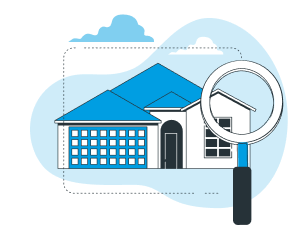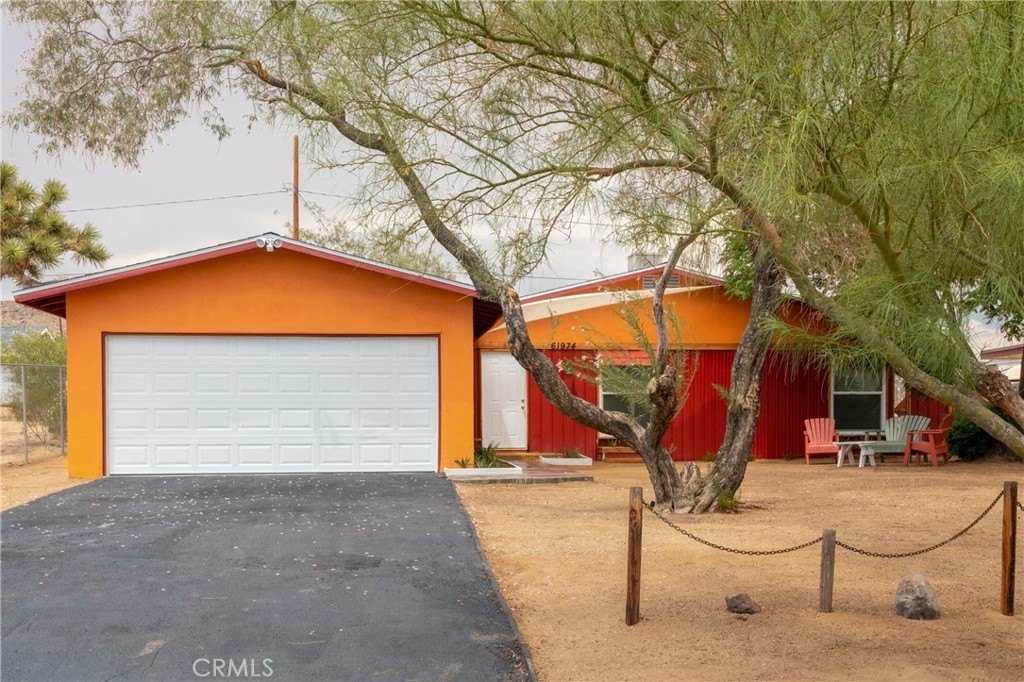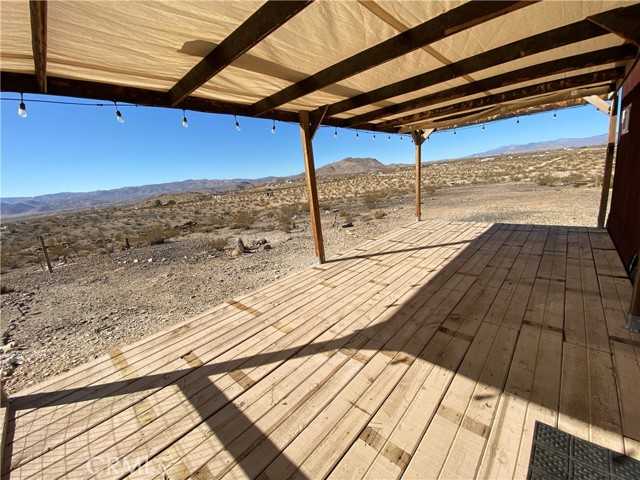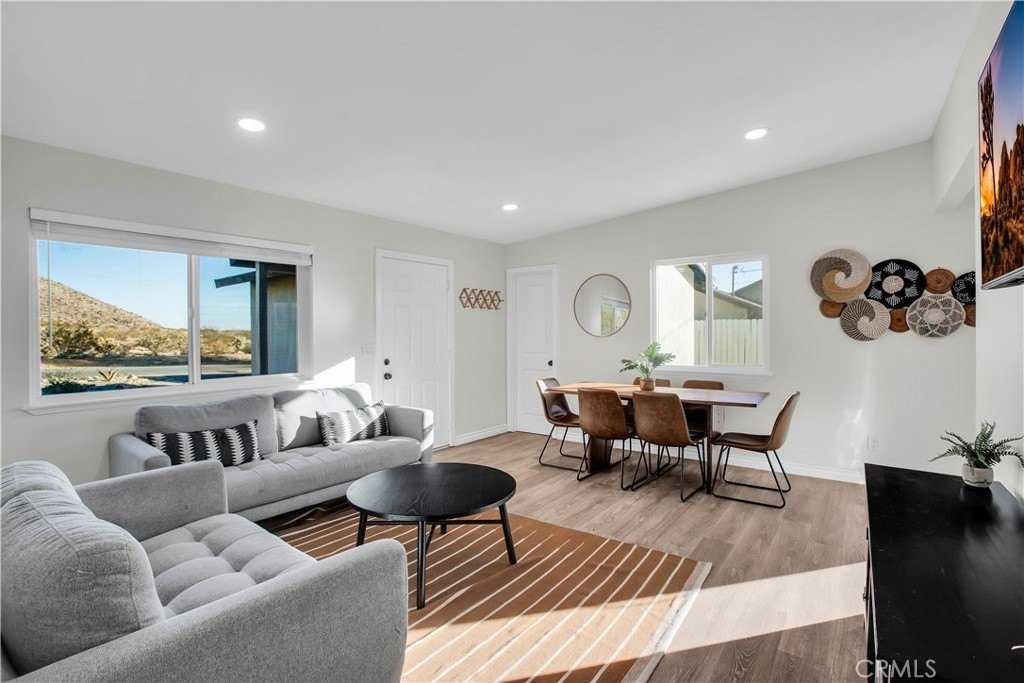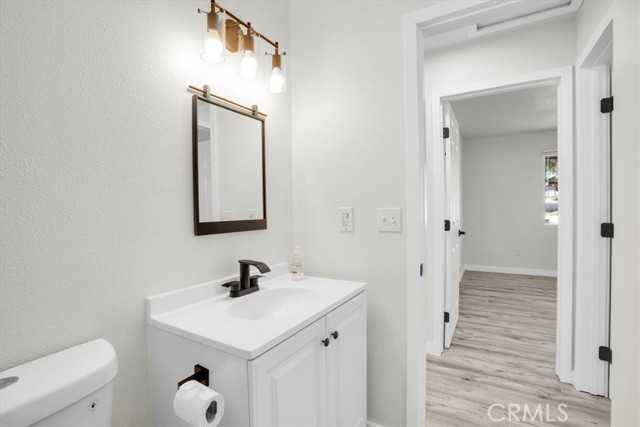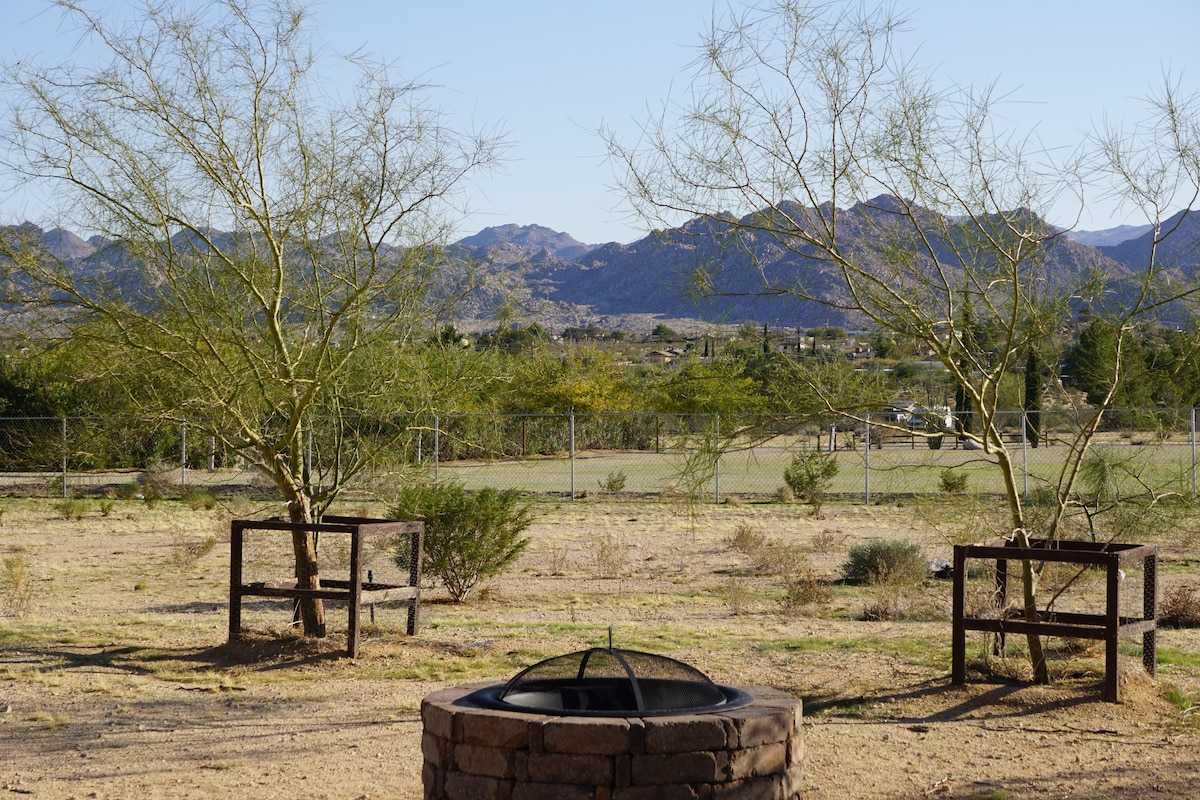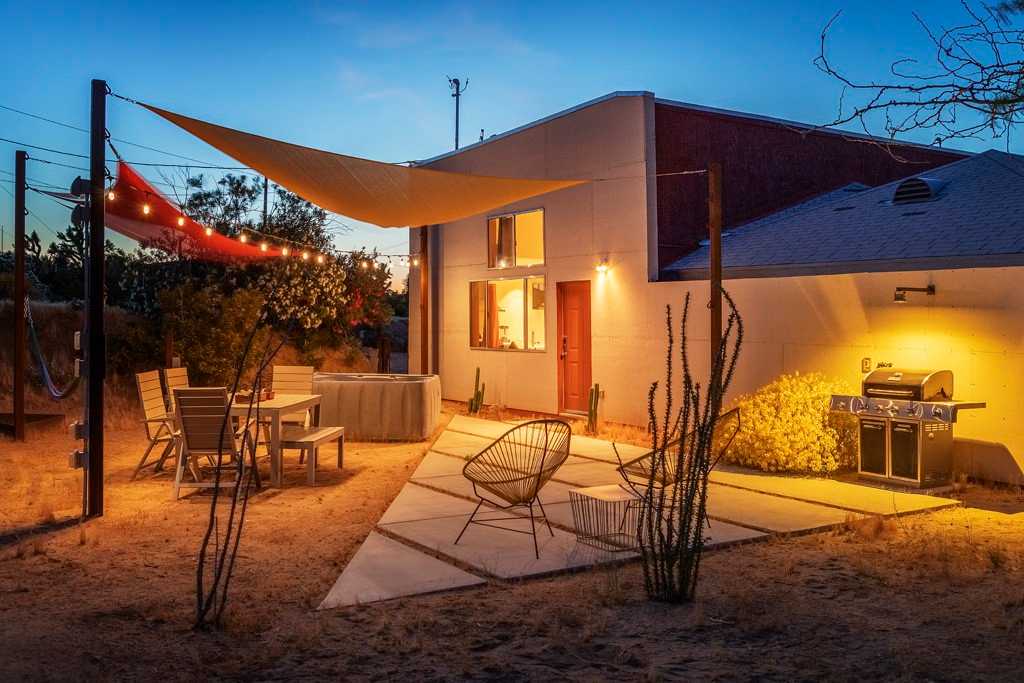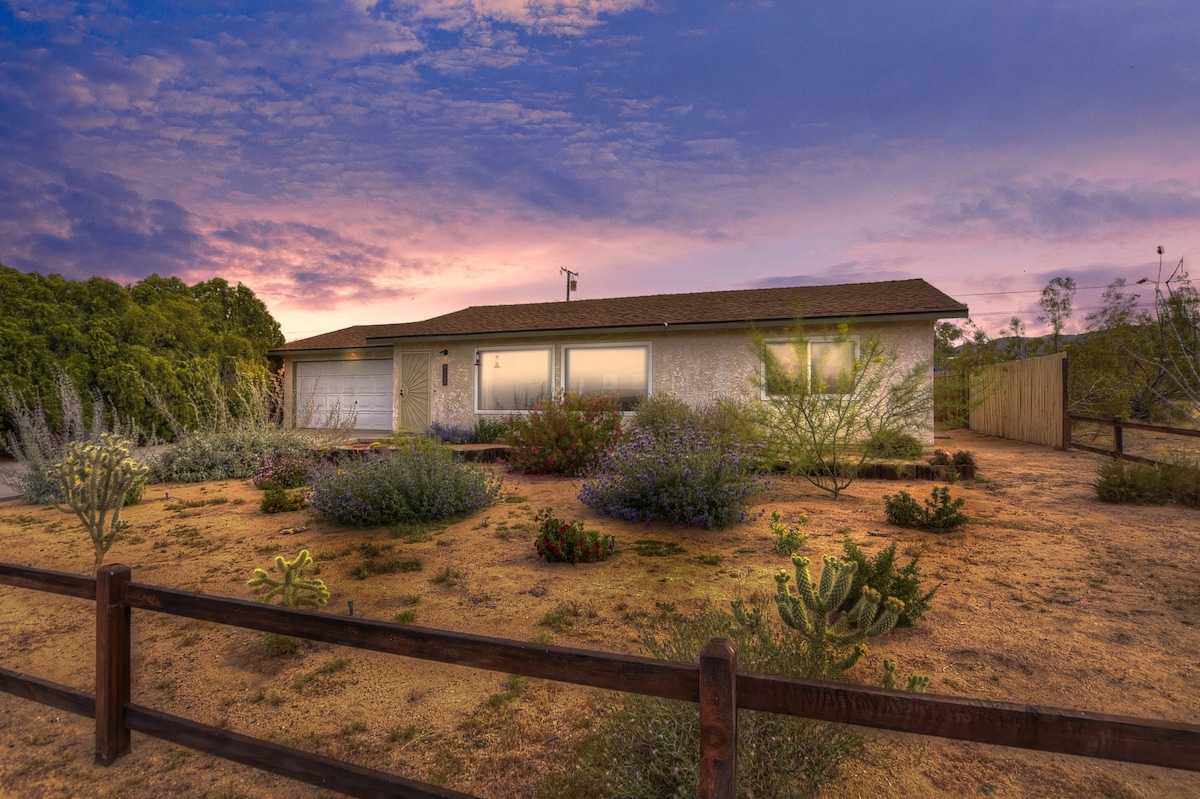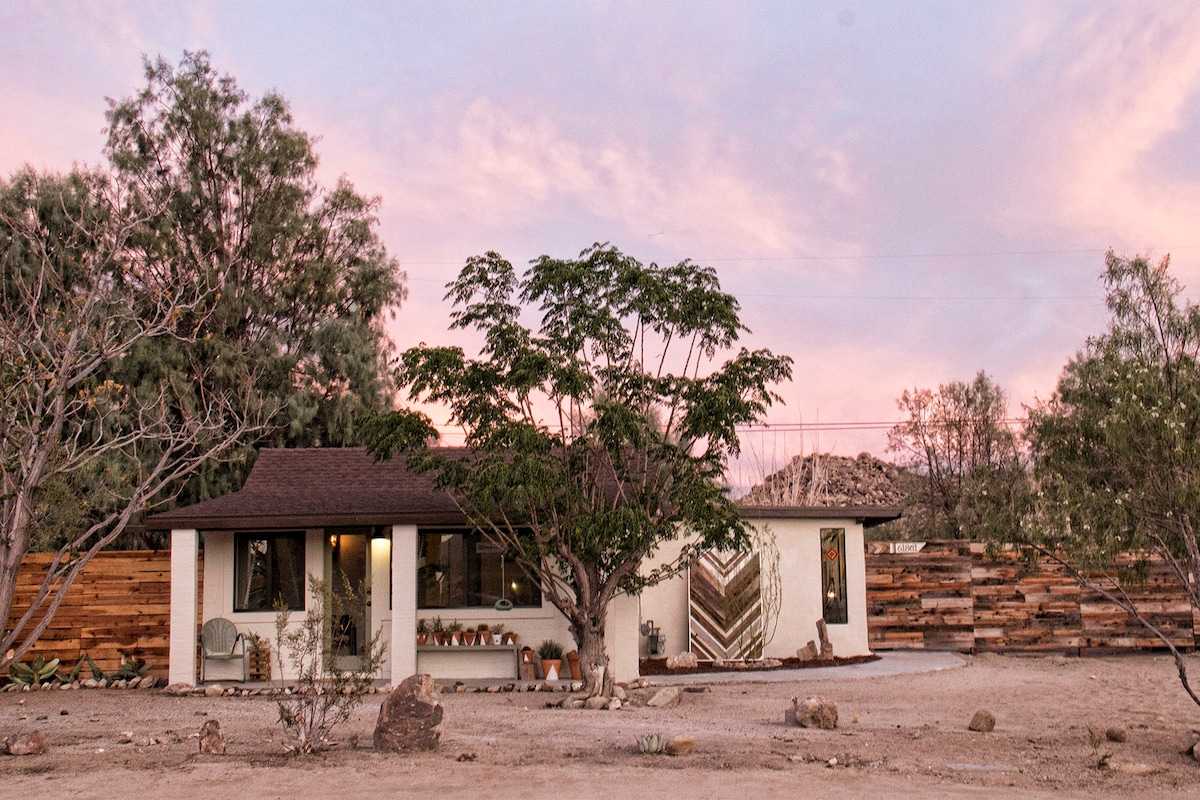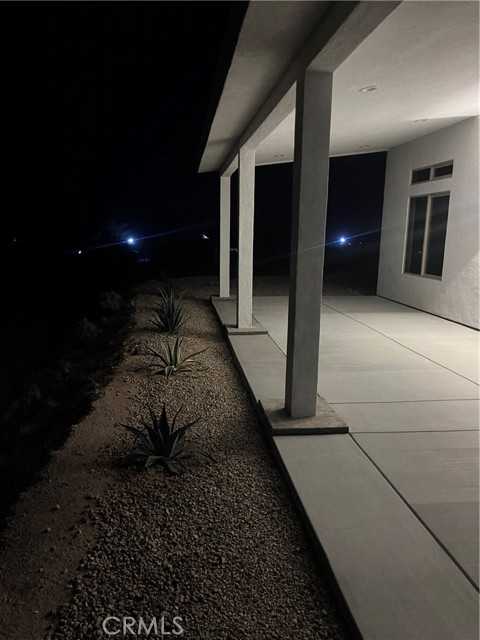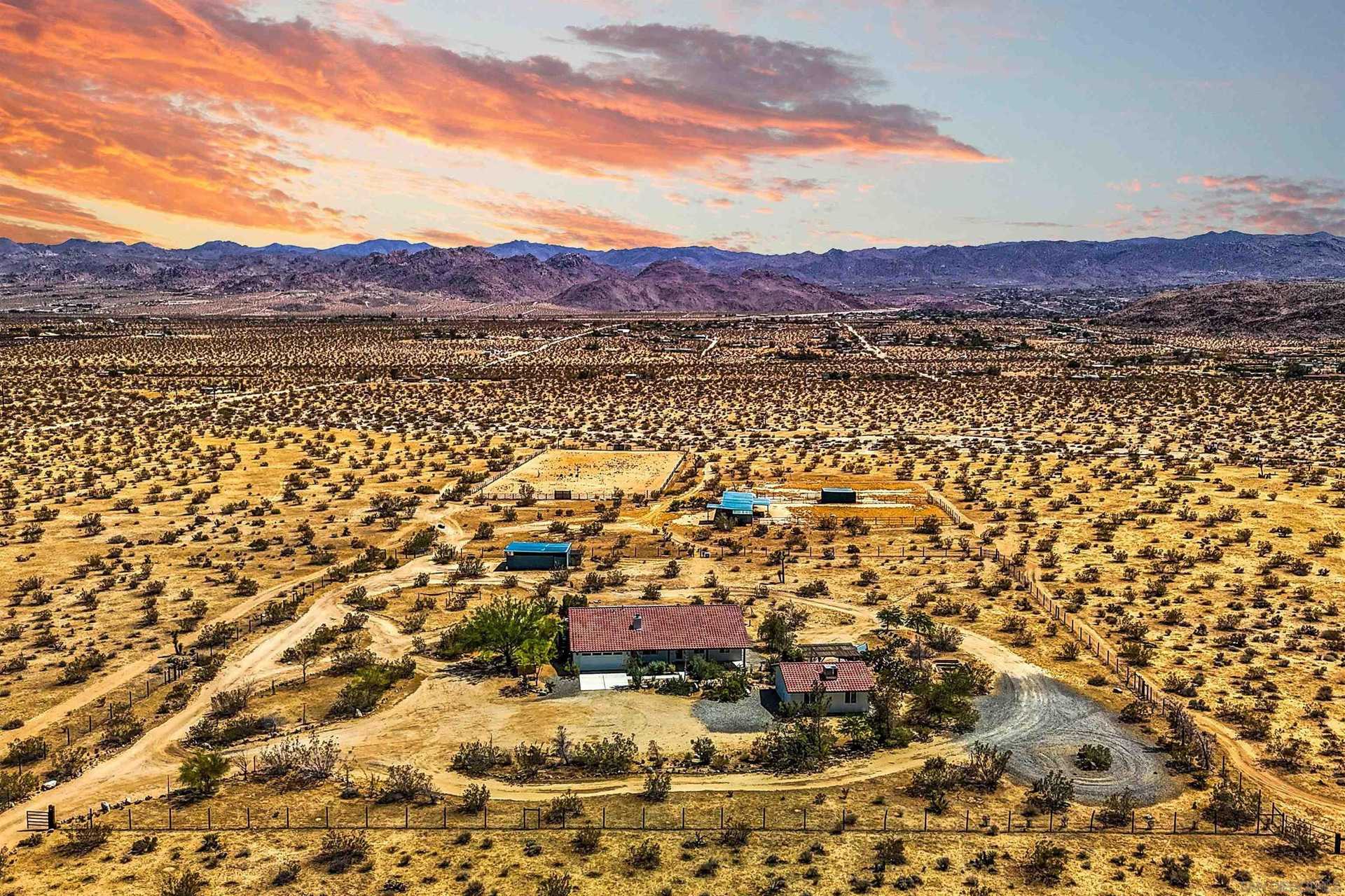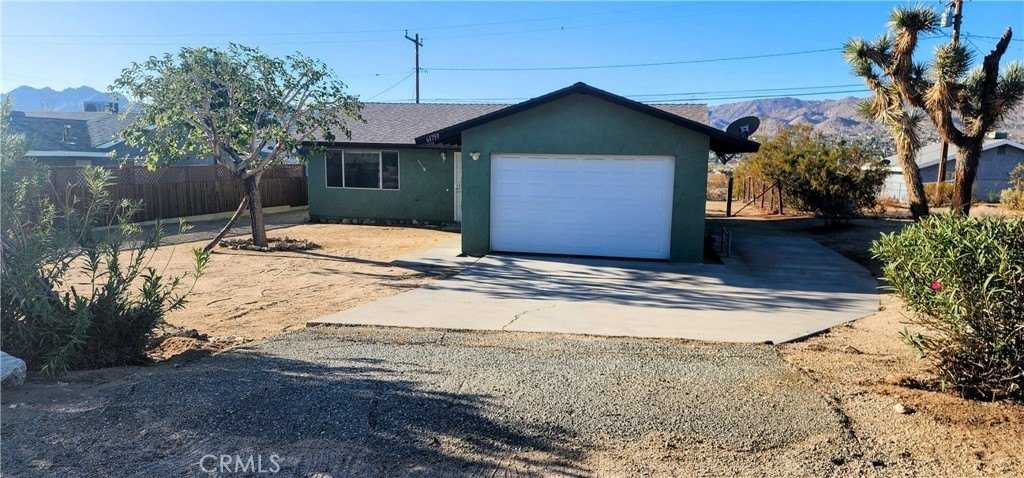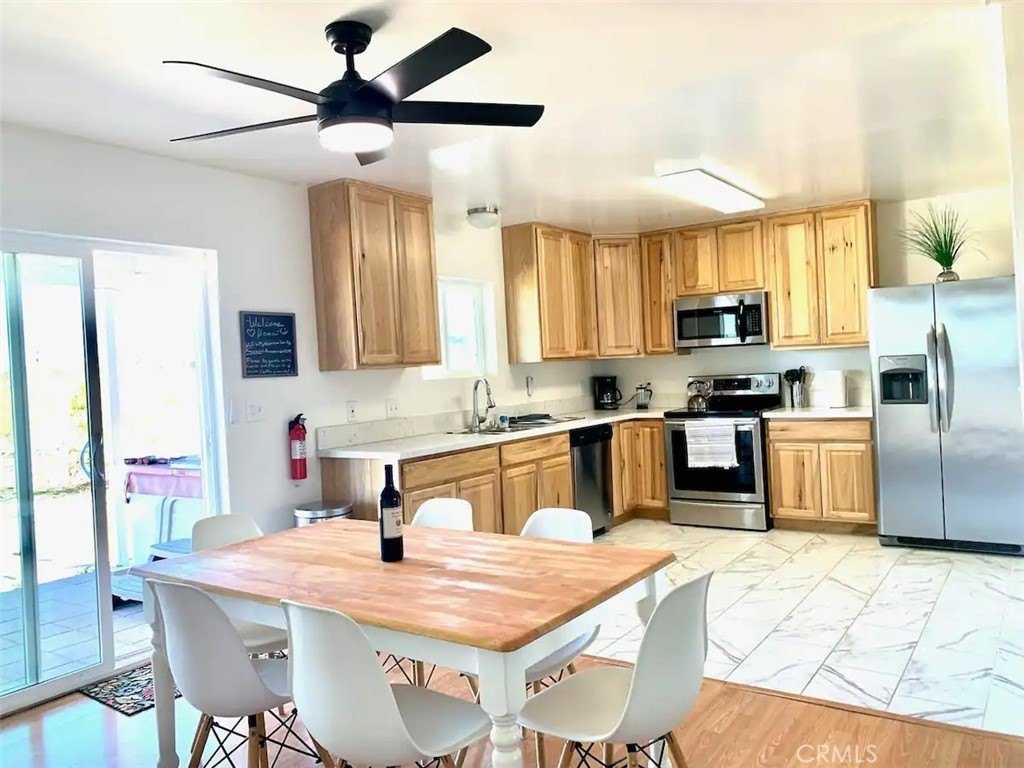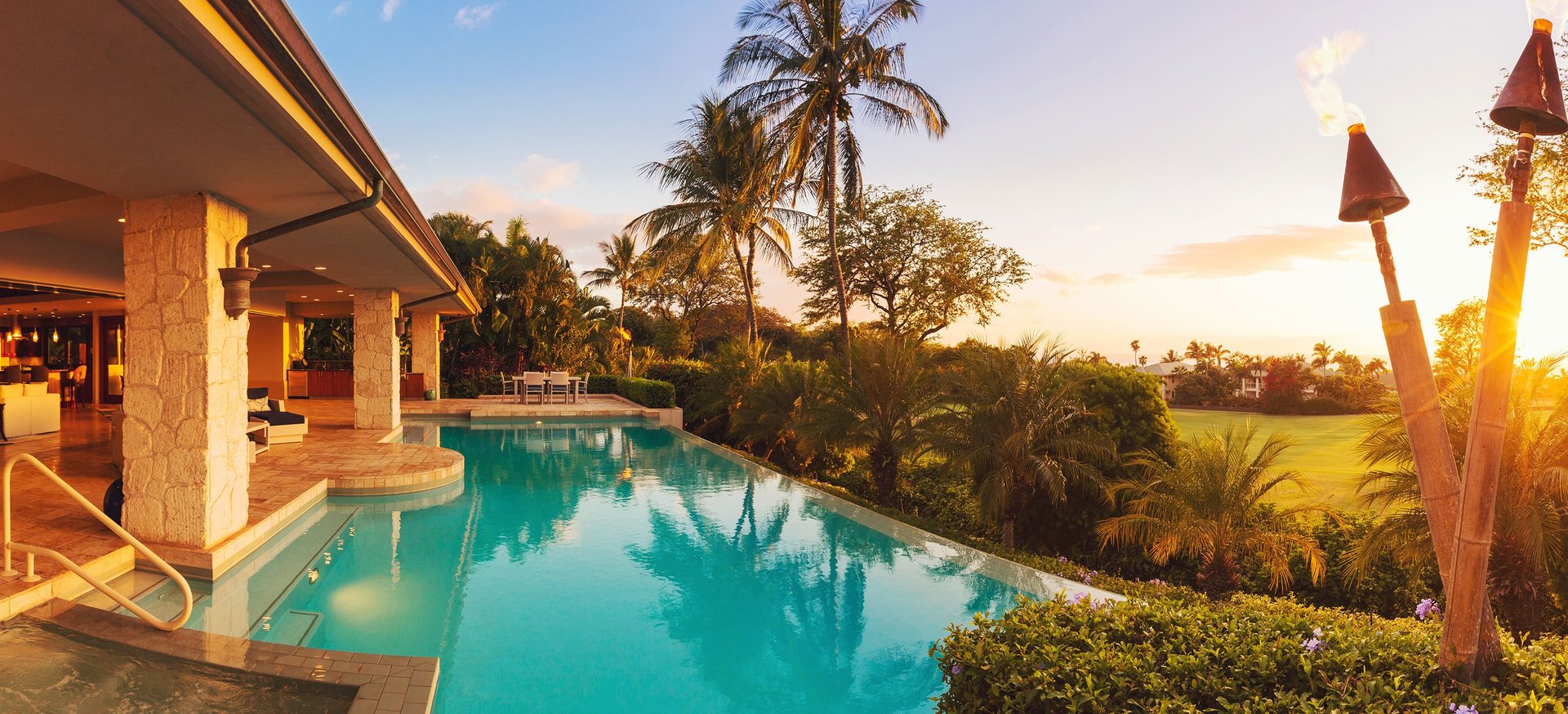
Joshua Tree Real Estate Market Performance
Nestled in the scenic landscape of Southern California, the Joshua Tree housing market presents a unique opportunity for real estate investors. Known for its stunning natural beauty and growing popularity among tourists, Joshua Tree has seen a significant uptick in real estate demand. In recent years, property values have appreciated steadily, with an impressive 10% increase noted in the last quarter alone. This growth trend is fueled by the area's appeal to outdoor enthusiasts and those seeking a serene lifestyle away from urban centers.
For investors, Joshua Tree offers a diverse range of properties, from rustic cabins to modern homes, catering to a broad spectrum of buyers. Rental yields have been consistently strong, particularly in areas close to the national park, where short-term vacation rentals are in high demand. This demand spike is attributed to a 15% annual increase in tourism, making investment properties in these zones particularly lucrative.
Analyzing the market trends, experts predict a sustained growth trajectory for the Joshua Tree housing market. Factors such as low interest rates, increasing popularity as a remote work destination, and the ongoing development of local amenities contribute to this positive outlook. As such, real estate investors can expect a healthy return on investment, both in terms of rental income and long-term property value appreciation.
In conclusion, the Joshua Tree housing market stands out as a promising area for real estate investment. With its unique blend of natural beauty, growing tourist appeal, and robust market dynamics, it's an opportune time for investors to consider this vibrant and evolving market. Whether seeking rental income or long-term asset growth, Joshua Tree offers a compelling proposition for savvy investors looking to expand their portfolio.
Seller’s market
Homes for Sale in Joshua Tree
Find PropertiesJoshua Tree, CA 92252Joshua Tree
Joshua Tree, CA 92252Joshua Tree
Joshua Tree, CA 92252Joshua Tree
Joshua Tree, CA 92252Joshua Tree
Joshua Tree Homes for Sale
The market for homes for sale in Joshua Tree is currently experiencing a dynamic phase, characterized by a diverse inventory and competitive pricing. As of the latest market analysis, the average listing price for homes in Joshua Tree stands at about $400,000, with a varied range from affordable starter homes to luxury estates. This price diversity caters to a wide spectrum of buyers, from first-time homeowners to seasoned investors.
A notable trend in the Joshua Tree homes for sale is the increasing interest in eco-friendly and sustainable properties. Homes featuring solar panels, water-saving landscapes, and energy-efficient designs are not only in high demand but also command a premium, with such properties selling at an average of 5% above the listing price.
The average time on the market for properties in Joshua Tree has shortened to approximately 30 days, underscoring the high demand and fast-paced nature of the local real estate scene. For prospective buyers, this means acting swiftly and decisively is crucial in securing a desired property.
Investors and homebuyers looking at Joshua Tree homes for sale should also consider the potential for value appreciation. The area's growing popularity, coupled with limited new construction, suggests that property values are likely to continue their upward trend, making it a prudent long-term investment.
In summary, the Joshua Tree real estate market offers a healthy mix of property types, with a focus on sustainable living, and presents a fast-moving, appreciating market for potential buyers and investors. The current market conditions indicate both short-term gains in terms of quick property turnovers and long-term benefits in value appreciation.
Start your investment property search
Use analytics to find lucrative traditional or Airbnb properties in a matter of minutes.

Best Neighborhoods in Joshua Tree for Buying Investment Property
When considering investment property in Joshua Tree, selecting the right neighborhood is crucial for maximizing returns. The most desirable neighborhoods for investment purposes combine accessibility, scenic beauty, and a strong rental market.
One of the top neighborhoods for investment is the area surrounding Joshua Tree National Park. Properties here benefit from high tourist traffic, with an average annual rental yield of 10%. The proximity to natural attractions makes this neighborhood particularly appealing for short-term vacation rentals.
Another noteworthy area is Downtown Joshua Tree. This neighborhood is perfect for investors seeking a blend of residential and commercial opportunities. The downtown area, with its unique shops, art galleries, and cafes, attracts a diverse crowd, boosting the potential for rental properties. Here, the average property price has seen an 8% increase year-over-year, signaling strong growth potential.
For those considering long-term rental investments, the neighborhoods on the outskirts of Joshua Tree offer a quieter setting. These areas are increasingly popular with remote workers and families, leading to a steady demand for traditional rental properties.
In summary, whether it’s near the national park, in the bustling downtown area, or in the quieter outskirts, Joshua Tree offers several neighborhoods ideal for investment property. Each area caters to different investment strategies, from short-term rentals to long-term leases, providing investors with a variety of options to suit their goals.
Neighborhood Analysis in the Joshua Tree Real Estate Market
Joshua Tree Rent Prices
| RENTAL STRATEGY | STUDIOS | 1 BEDROOM | 2 BEDROOMS | 3 BEDROOMS | 4 BEDROOMS |
|---|---|---|---|---|---|
| Airbnb | $1,640 | $1,952 | $2,629 | $2,608 | $3,426 |
| Traditional | $1,208 | $1,200 | $1,992 | $2,304 | $2,880 |
Joshua Tree Property Trends

As we delve into the current dynamics of the Joshua Tree property market, a clear picture of evolving trends emerges, offering valuable insights for investors. The last year has been particularly transformative, with the median home price in Joshua Tree reaching $350,000, marking a notable 12% increase from the previous year. This surge is indicative of the area's growing appeal and the burgeoning demand for residential properties.
One of the key factors influencing these trends is the shift in buyer demographics. There has been a 20% rise in interest from millennials, drawn to Joshua Tree for its unique lifestyle and investment potential. This demographic shift is reshaping the market, leading to a higher demand for properties that offer modern amenities while still embracing the rustic charm of the region.
Rental properties, especially those offering short-term stays, have seen a remarkable occupancy rate of around 80%, a testament to Joshua Tree's status as a sought-after vacation destination. The average rental income for a two-bedroom property now stands at approximately $2,500 per month, reflecting the area's profitability for investment properties.
Investors should also note the gradual increase in land values, with a 15% rise in the past year, suggesting a growing interest in development projects. This trend points towards a potential expansion in the housing inventory, catering to the diverse needs of buyers and renters.
In summary, the Joshua Tree property market is characterized by robust growth, shifting buyer preferences, and a strong rental market. These factors, combined with the rising land values, present a compelling opportunity for investors to capitalize on the market's upward trajectory. With thoughtful investment strategies, one can effectively navigate and benefit from the dynamic landscape of Joshua Tree's real estate market.
Joshua Tree Real Estate Appreciation and Property Values
The appreciation rate in Joshua Tree's real estate market has been a significant talking point for investors and homebuyers. Over the past year, property values in Joshua Tree have witnessed a remarkable appreciation, growing by an average of 18%. This rate outpaces many other regions, highlighting Joshua Tree as a hotspot for real estate investment.
This steady increase in property values is driven by several factors, including the area's growing popularity as a tourist destination and a haven for remote workers seeking tranquility and natural beauty. The limited availability of new constructions has also played a crucial role in bolstering property values, as demand continues to outstrip supply.
For those considering investment in Joshua Tree, the current appreciation trends offer a promising outlook. Homes purchased now are likely to see substantial increases in value over the next few years. The median sale price of homes, currently standing at around $425,000, reflects the area's healthy market and the ongoing demand for properties.
It's important for potential investors to monitor these trends closely. The consistent rise in property values in Joshua Tree suggests not just a temporary spike, but a sustained period of growth. This makes the region not only an attractive spot for immediate investment but also a wise choice for long-term property value appreciation.
Joshua Tree Homes for Sale Below Median Price
Find PropertiesJoshua Tree, CA 92252Joshua Tree
Joshua Tree, CA 92252Joshua Tree
Joshua Tree, CA 92252Joshua Tree
Joshua Tree, CA 92252Joshua Tree
Airbnb Calculator for Investment Properties in Joshua Tree
For savvy real estate investors eyeing Joshua Tree, an Airbnb calculator can be a valuable tool. This tool helps investors assess the potential returns on investment when considering short-term rental properties in the area.
The Airbnb calculator takes into account factors like property purchase price, expected rental income, property management fees, and other expenses. By inputting these variables, investors can estimate their potential cash flow, return on investment (ROI), and the number of nights the property needs to be occupied to break even.
This calculator is particularly useful for investors looking to maximize their profits in Joshua Tree's thriving short-term rental market. It offers data-driven insights that enable informed investment decisions, helping investors identify properties with strong income potential and solid ROI prospects.
Joshua Tree Airbnb Occupancy Rate
Understanding the Airbnb occupancy rate in Joshua Tree is essential for investors seeking to maximize returns on their short-term rental properties. As of the latest data, the average Airbnb occupancy rate in Joshua Tree stands at a robust 75%, reflecting the high demand for accommodations in this popular tourist destination.
This occupancy rate indicates that, on average, Airbnb properties in Joshua Tree are occupied for three out of every four nights throughout the year. However, it's important to note that the occupancy rate can vary by property type, location, and season. Properties near Joshua Tree National Park, with their proximity to natural attractions, often enjoy higher occupancy rates, particularly during peak travel seasons.
Investors can use this occupancy rate data to make informed decisions about their property investments, helping them estimate potential rental income and plan for property management and maintenance. It's also worth considering that the occupancy rate can fluctuate, so monitoring trends and adjusting pricing and marketing strategies accordingly is crucial for sustained success in the Joshua Tree Airbnb market.
Top Joshua Tree Airbnb Properties
Find PropertiesJoshua Tree Airbnb Investment Analysis
In the current landscape of Joshua Tree's real estate market, Airbnb investments stand out as a highly lucrative segment. The allure of Joshua Tree as a tourist and vacation destination has significantly boosted the profitability of Airbnb properties in the area. An analysis of the current market reveals that the average Airbnb occupancy rate in Joshua Tree hovers around 85%, showcasing the strong and consistent demand for short-term rentals.
The average daily rate (ADR) for an Airbnb rental in Joshua Tree is approximately $200, with some premium properties earning upwards of $300 per night, especially during peak travel seasons. This rate represents a substantial increase from previous years, driven by the area's growing popularity and the unique desert experiences it offers to visitors.
Investors considering Airbnb properties in Joshua Tree should note the seasonality of the market. While occupancy rates remain high throughout the year, there are peak periods, typically aligning with national holidays and summer months, when rental rates and demand surge.
Additionally, the Airbnb market in Joshua Tree benefits from a diverse range of property types, from rustic desert cabins to luxurious modern homes, catering to various guest preferences. This diversity not only attracts a wide range of guests but also allows for flexible pricing strategies.
In conclusion, Airbnb investments in Joshua Tree present a highly attractive opportunity for real estate investors. The combination of high occupancy rates, competitive daily rental rates, and the area's unique appeal to tourists makes it a promising market for those looking to capitalize on short-term rental investments.
Airbnb Growth and Regulations in the Joshua Tree Real Estate Market

The Airbnb segment within the Joshua Tree real estate market has experienced significant growth in recent years. The increasing popularity of Joshua Tree as a tourist destination has led to a surge in Airbnb listings, with a reported growth of 25% in the number of available properties over the past year. This expansion reflects the area's burgeoning appeal to visitors seeking unique desert experiences.
However, with this growth comes increased regulatory scrutiny. Local authorities in Joshua Tree have implemented specific regulations to ensure that the growth of Airbnb and similar platforms is sustainable and community-friendly. These regulations include the requirement for short-term rental permits, adherence to noise ordinances, and compliance with safety standards. Additionally, there's a cap on the number of guests allowed per rental to maintain the area's tranquility.
Investors looking to enter the Airbnb market in Joshua Tree need to be cognizant of these regulations. While these measures might pose certain operational constraints, they also serve to preserve the quality and character of the community, ultimately sustaining the long-term value and appeal of Airbnb investments in the area.
In summary, while the Airbnb market in Joshua Tree presents lucrative opportunities, it's important for investors to stay informed about and comply with local regulations. Responsible management and adherence to these guidelines are key to successful and sustainable investment in this growing market.
Joshua Tree Rental Properties and Rent Prices
The rental market in Joshua Tree is experiencing a period of robust growth, reflecting the area's increasing popularity. Currently, the average rent for properties in Joshua Tree stands at approximately $2,800 per month, a figure that has seen a steady rise of about 8% over the past year. This increase is a clear indicator of the strong demand for rental accommodations in the area.
One of the key drivers behind this surge in rent prices is the popularity of Joshua Tree as a vacation destination. Short-term rental properties, particularly those located near Joshua Tree National Park, are in high demand, often commanding higher rents due to their prime location and the unique experience they offer. The average nightly rate for such properties hovers around $150, with peak season rates going significantly higher.
Investors looking into Joshua Tree rental properties should consider the high occupancy rates, which average around 75% year-round. This high occupancy rate not only ensures a steady income stream but also suggests a long-term sustainability of the rental market in the area.
Furthermore, the diverse range of properties available for rent – from cozy cabins to larger family homes – allows investors to cater to a wide spectrum of renters, from short-term tourists to long-term residents. This diversity, coupled with the growing rent prices, positions Joshua Tree as an attractive location for rental property investments.
Traditional Rental Properties in Joshua Tree
In the realm of traditional rental properties in Joshua Tree, there is a distinct market segment that appeals to long-term residents and tenants. Unlike the short-term vacation rentals, these properties cater to a different demographic, offering stability and consistency in rental income. The average rent for traditional rental properties in Joshua Tree is currently around $1,500 per month, a figure that has seen a moderate but steady increase of 5% over the past year.
These properties typically include single-family homes and apartments, which are increasingly sought after by individuals and families looking for the unique blend of rural charm and community life that Joshua Tree offers. The demand for such rentals is bolstered by the area's appeal to remote workers and those seeking a quieter lifestyle, away from the hustle and bustle of city life.
For investors, traditional rental properties in Joshua Tree represent a viable opportunity. The market shows a low vacancy rate of around 4%, reflecting the continuous demand. Moreover, the year-on-year rental income growth suggests a steady appreciation in the value of these properties.
Investing in traditional rental properties in Joshua Tree requires a focus on long-term growth and tenant retention. These properties are less about the high turnover and premium pricing of vacation rentals and more about building a stable, long-term income stream. For those looking to invest in the Joshua Tree real estate market, traditional rentals offer a more predictable and steady avenue, especially appealing to those seeking consistent returns.
Joshua Tree Homes for Rent
Find PropertiesJoshua Tree Transportation
Transportation in Joshua Tree is an important aspect to consider, especially for those investing in or moving to the area. Primarily, the region relies on personal vehicles for transportation, with the majority of residents and visitors driving to and around Joshua Tree. The area is serviced by a few main highways, including Highway 62, which is the primary route for accessing local amenities and attractions.
Public transportation options are limited, but there are regional bus services that connect Joshua Tree with neighboring communities. These services are convenient for residents commuting to nearby cities or for tourists exploring the area. Additionally, for visitors traveling to Joshua Tree National Park, there are shuttle services available during peak tourist seasons, providing an eco-friendly and hassle-free way to enjoy the park.
Overall, while Joshua Tree's transportation infrastructure is centered around personal vehicles, the available public transit options offer a viable alternative for those looking to reduce their environmental footprint or for residents without their own transport.
Amenities in the Joshua Tree Real Estate Market
Educational Facilities
Educational Facilities in Joshua Tree
Joshua Tree offers educational opportunities for residents and those considering a move to the area. Here, we highlight the top 5 schools and the top 5 colleges and universities in Joshua Tree:
Top 5 Schools:
- Joshua Tree Elementary School
- Friendly Hills Elementary School
- Joshua Tree High School
- La Contenta Middle School
- Copper Mountain College Preparatory High School
These schools provide quality education for students in the Joshua Tree community, catering to a range of grade levels.
Top 5 Colleges and Universities:
- Copper Mountain College
- California State University, San Bernardino - Joshua Tree Campus
- College of the Desert - Joshua Tree Campus
- University of California, Riverside - Joshua Tree Campus
- Joshua Tree Music Festival Educational Foundation
These institutions offer higher education and specialized programs, contributing to the overall educational landscape in Joshua Tree.
Banks
Banks in Joshua Tree
In Joshua Tree, access to reliable banking services is crucial for residents and investors. While it's a smaller town, there are several banks serving the community, offering a range of financial services.
Here are the top 5 banks in Joshua Tree:
- Bank of America
- Wells Fargo
- Joshua Basin Water District Federal Credit Union
- Pacific Premier Bank
- Joshua Tree Community Bank
These banks provide essential services such as savings and checking accounts, loans, and investment options. Additionally, they offer ATM facilities and online banking services, ensuring convenient access to financial resources in Joshua Tree.
Healthcare Facilities
Healthcare Facilities Joshua Tree
Joshua Tree provides essential healthcare services for its residents and visitors. Here are the top 5 hospitals and healthcare centers in the area:
Top 5 Hospitals/Healthcare Centers:
- Hi-Desert Medical Center
- Joshua Tree Family Health Center
- Morongo Basin Community Health Center
- Reach Out Morongo Basin Health Center
- Specialty Urgent Care
These healthcare facilities offer a range of medical services, from emergency care to primary healthcare, ensuring that the community's health needs are met. Joshua Tree's healthcare infrastructure is essential in providing residents and visitors with access to medical care and ensuring their well-being.
Start your investment property search
Use analytics to find lucrative traditional or Airbnb properties in a matter of minutes.
